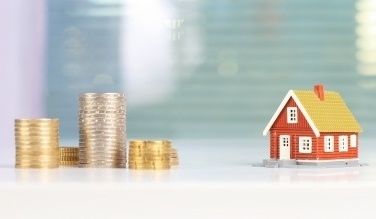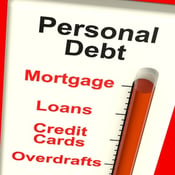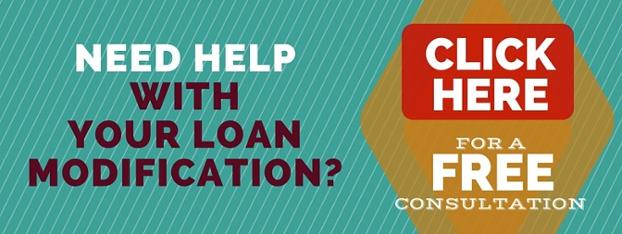 If you can afford to pay off your mortgage early, should you?
If you can afford to pay off your mortgage early, should you?
Having enough money to be able to consider doing that is something many homeowners can only dream of. But it's not just lottery winners and ultra-disciplined savers who have the luxury of contemplating it. Some people have accumulated considerable money by saving a little bit each month, and think to themselves “Wouldn't it be nice to eliminate my biggest bill forever?”.
Yes, of course it would be great to own your home free and clear and not have to make monthly payments ever again. But at what cost does eliminating your mortgage come? Before you write a big check to the bank, answer the following questions.
 What Does Your Other Debt Look Like?
What Does Your Other Debt Look Like?
If you have other debt with a higher interest rate than your mortgage, you should consider paying that off first. Many people have significant credit card debt, which typically has much higher interest rates than a mortgage loan. It will save you money to pay off the debt with the highest interest rate first.
Will You Lose Your Mortgage Interest Deduction?
One of the benefits of owning a financed home is the mortgage interest deduction. It allows you to reduce your taxable income by the amount of interest you pay on your mortgage loan. If you pay off your mortgage loan, you may have to pay more in taxes.
Is It The Best Use Of Your Money?
Your mortgage probably has an interest rate that's lower than what a good investment would return. So it's usually better to save your extra cash and continue to pay your mortgage monthly rather than give it all to the bank. For example, current mortgage rates are about 4%, but the stock market returns about 6-7% a year on average. A couple percentage points may seem insignificant, but over the years it adds up, compounds on itself, and amounts to quite a bit. Simple.
The other advantage to keeping cash rather than using it to pay extra on your mortgage is that you have access to your money should you need it for unexpected expenses. And there are always unexpected expenses when owning a home. To get access to the equity in your home, you'd need to sell the property, which can take a lot of time, or take out a home equity loan.
Smart Money Says...
It may feel better to pay off your mortgage early, but financial decisions should be made by the numbers. Feelings often cause people to act irrationally and lose money. The freedom of not having a mortgage is the ultimate goal of every homeowner. It's tempting to want to pay it off as soon as possible, but it makes more sense for most people to invest their money wisely.
Everyone's circumstances and needs are different. The most important thing is to be aware of all the consequences of how you spend your money and to make an informed decision.
What About The Rest Of Us
Many homeowners are not in the enviable position of needing to decide how to allocate their extra money. They don't have extra income and need to lower their mortgage payment to avoid foreclosure and keep their home. There are ways to do that. One is refinancing, which involves replacing your old loan with a new one, and can allow you to take advantage of today's historically low interest rates. The loan could also be stretched out over a longer period of time to bring the monthly payment down.
There is also the possibility of a loan modification, which means making a permanent change to your existing loan, and is a way for homeowners who are in default to get current and have an affordable monthly payment. It's even possible for the principal to be reduced with a loan modification. Applications to modify loans are often denied and the services of an experienced foreclosure defense attorney are recommended to have the best odds of success.
Images courtesy of fantasista and Stuart Miles at FreeDigitalPhotos.net











